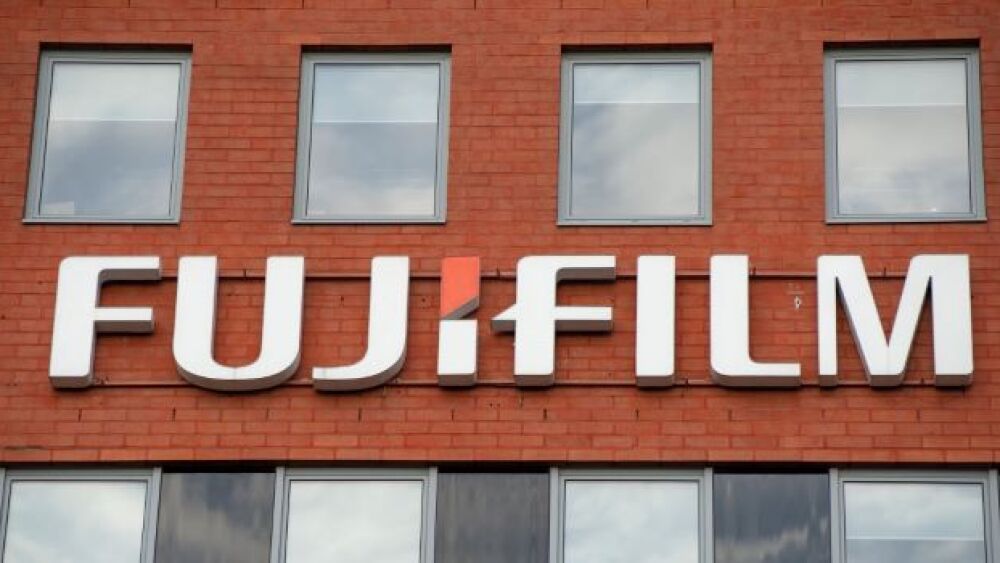The investment made to build this end-to-end cell culture biopharmaceutical contract development and manufacturing organization facility clocked in at approximately $2 billion.
Aleksander Kalka/NurPhoto via Getty Images
FUJIFILM has selected the town of Holly Springs, North Carolina, as its spot to build the largest cell culture biopharmaceutical production facility in North America. The facility is currently set to be operational by 2025.
The investment made to build this end-to-end cell culture biopharmaceutical contract development and manufacturing organization (CDMO) facility clocked in at approximately $2 billion.
Fujifilm noted this investment will likely create up to 725 highly skilled jobs by the end of 2028 in the Holly Springs area. These jobs could pay average salaries that reach $95,000 and higher.
In a statement from the company, Fujifilm said Holly Springs was selected as the site for the new CDMO facility because of its clean energy resources, a strong pool of technical talent and its sustainability for future growth. Fujifilm has an existing facility in Morrisville, North Carolina.
Approximately $1.5 billion will be invested in the new project by December 2024, and another $500 million will be invested at a later date. The company expects to retain 637 jobs that are currently based in the Research Triangle.
Fujifilm’s cell culture biopharmaceutical CDMO facility in Holly Springs will provide large scale cell culture manufacturing for bulk drug substance production. The facility will include 8 x 20,000L bioreactors and has the potential to add an additional 24 x 20,000L bioreactors, pending future market demand.
Also, the new CDMO facility will offer clients commercial scale, automated fill-finish and assembly, packaging and labeling services. The company expects the facility to be fully operational by sometime in spring 2025.
The new site represents a strategic move that the company believes will “accelerate” the growth of its bio CDMO business.
“Holly Springs, North Carolina is a suitable location for us, as it is one of the most active communities in the U.S. in addressing environmental and social issues,” said FUJIFILM’s president Kenji Sukeno. “Fujifilm will contribute to realizing a sustainable society by collaborating with the Holly Springs community and stimulating the local economy, and further, by accelerating resolving social issues through business activities in alignment with our Sustainable Value Plan 2030.”
Fujifilm’s Sustainable Value Plan 2030 comprises four key areas that address environmental, social and governance goals to be achieved by 2031. The four key areas in this plan encompass the environment, health, daily life and work style and was designed from the perspectives of “resolving social issues through business activities” and “considering environmental and social impacts through business processes.” In terms of the “environment” area, Fujifilm plans to build toward “a 45% reduction in the volume of CO2 emitted across the entire product lifecycle compared to FY2014/Q3.”
The new facility should be able to achieve this sustainability value plan because it has been designed to target 100% clean energy utilization and will implement “cutting-edge waste disposal and recycling” techniques, in addition to other sustainability-focused goals.
“We are passionate about the tremendous value that this new facility will bring to our partners in producing life-impacting therapies,” FUJIFILM Diosynth Biotechnologies’ Chief Executive Officer Martin Meeson. “To build what will be the largest end-to-end cell culture CDMO facility in North America requires commitment and partnership. We are delighted to have received the strong support from the town of Holly Springs and the state of North Carolina. This is building for the future, both in infrastructure and in talent, as part of the vibrant North Carolina biotech hub.”





